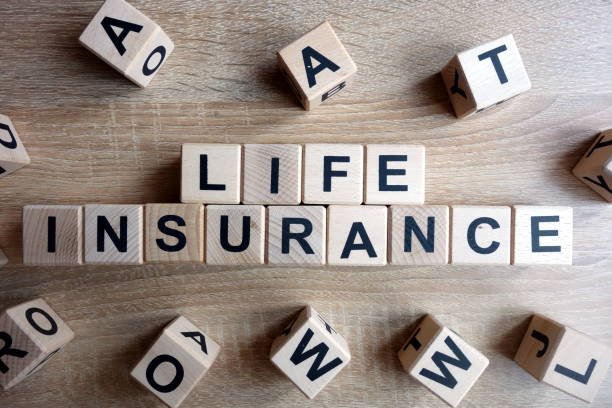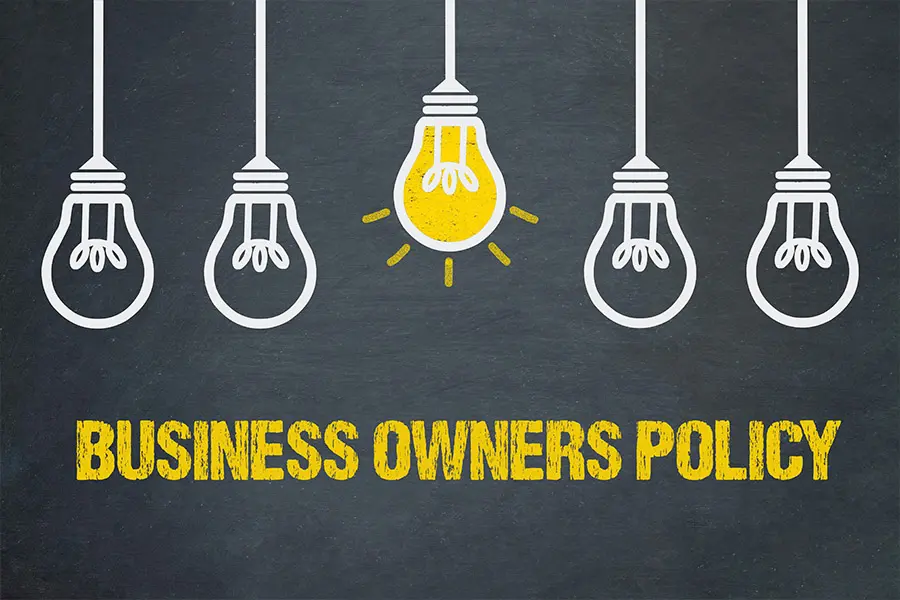In today’s unpredictable world, accidents, illnesses, or injuries can happen when least expected, leaving individuals unable to work for an extended period. While it’s easy to assume that a person’s health will always remain stable, the reality is that many people will experience a temporary disability at some point in their lives. For such situations, short-term disability insurance can be a financial lifeline, helping individuals maintain their income and avoid financial hardships.
In this article, we’ll explore what short-term disability insurance is, its benefits, and why you may want to consider purchasing it as part of your financial planning strategy. We’ll also address frequently asked questions to help you understand how it works and whether it’s the right choice for you.
What Is Short-Term Disability Insurance?
Short-term disability insurance (STDI) is a type of insurance coverage designed to replace a portion of your income if you are temporarily unable to work due to illness, injury, or medical conditions. This insurance is meant to provide financial support for a limited period while you recover and return to work.
In most cases, short-term disability insurance will cover anywhere from 3 to 6 months of your income, depending on the specific policy and the nature of your disability. Unlike long-term disability insurance, which provides coverage for more extended periods, short-term disability insurance typically begins as soon as a disability occurs and lasts for a shorter duration.
How Does Short-Term Disability Insurance Work?
When you are unable to work due to a qualifying illness or injury, short-term disability insurance kicks in after a specified waiting period, known as the “elimination period.” This waiting period usually lasts anywhere from 7 to 14 days, depending on the policy. After this waiting period, the insurance will begin to pay you a percentage of your pre-disability income, typically between 60% and 80%, depending on the specific terms of your policy.
The benefits are paid out in weekly installments, and the insurance will continue to provide support until you return to work or until the benefit period ends, whichever comes first. Once you recover and return to work, your short-term disability benefits will cease.
Key Features of Short-Term Disability Insurance
- Coverage for Temporary Disabilities: This insurance provides financial assistance when you’re temporarily unable to work due to illness, injury, or medical treatment.
- Elimination Period: The waiting period before you start receiving benefits, which typically ranges from a few days to a few weeks.
- Benefit Period: The period during which you’ll receive benefits, usually ranging from 3 to 6 months.
- Income Replacement: Typically, short-term disability insurance replaces 60-80% of your income.
- Medical Requirements: To qualify for short-term disability benefits, you must provide medical documentation of your disability from a licensed healthcare provider.
Why Do You Need Short-Term Disability Insurance?
While everyone hopes they’ll never need to use short-term disability insurance, the reality is that illnesses and injuries happen when least expected. Here are several reasons why this type of coverage is important:
- Income Protection: If you’re unable to work due to illness or injury, short-term disability insurance provides a steady income, allowing you to continue to pay bills, cover living expenses, and maintain financial stability during your recovery. Without this coverage, you could find yourself facing financial hardship.
- Helps With Recovery Time: Many injuries or medical conditions require significant recovery time. Short-term disability insurance ensures that you can take the time needed to recover without the added stress of financial strain.
- Peace of Mind: Having short-term disability insurance gives you peace of mind knowing that you are financially protected in case of an unexpected illness or injury. This allows you to focus on recovery without the worry of losing your job or income.
- Helps Avoid Debt: Without a safety net, many individuals may fall behind on bills or take on credit card debt while they recover from an illness or injury. Short-term disability insurance helps you avoid this financial pitfall.
- Health and Wellness: Because it provides income replacement, short-term disability insurance allows individuals to prioritize their health. With the financial support, you can take time off for doctor visits, surgeries, and other necessary treatments without worrying about missing work.
- Affordable Coverage: Compared to long-term disability insurance, short-term disability insurance is generally more affordable. As a result, it provides an accessible solution for many employees or self-employed individuals looking to protect themselves from income loss due to temporary disability.
Benefits of Short-Term Disability Insurance
Here are some of the key benefits of having short-term disability insurance:
1. Income Replacement During Recovery
The primary benefit of short-term disability insurance is that it replaces a portion of your lost income if you’re unable to work. While you may not receive your full salary, receiving 60% to 80% of your regular income can help cover basic living expenses while you recover.
2. Protection Against Unexpected Events
Accidents and illnesses are unpredictable, and even a temporary disability can have a major impact on your financial security. Short-term disability insurance protects you from the financial consequences of these unexpected events.
3. Peace of Mind
Knowing that you have financial support during a recovery period can reduce the stress and anxiety that often accompanies medical conditions or injuries. This peace of mind can help with your overall recovery by allowing you to focus on getting better.
4. Flexibility
Short-term disability policies often offer flexibility in terms of the types of disabilities covered. Whether you suffer from a surgery recovery, a pregnancy, or an accident, short-term disability insurance ensures that you’re covered.
5. Employer-Sponsored Plans
Many employers offer short-term disability insurance as part of their benefits package. In some cases, employers fully fund the premiums, meaning you can access this valuable coverage without incurring additional costs. Even if your employer doesn’t offer it, you can often purchase a separate short-term disability policy on your own.
6. Protection for Self-Employed Individuals
Short-term disability insurance isn’t just for employees; self-employed individuals can also purchase coverage to protect their income in the event of a disability. This can be particularly important for individuals who rely on their income to run their business or support their families.
Who Should Consider Short-Term Disability Insurance?
While anyone can benefit from short-term disability insurance, certain groups are more likely to need it:
- Employees without Paid Time Off: If your employer does not offer paid time off or sick leave, short-term disability insurance can be especially important.
- Self-Employed Individuals: If you work for yourself and do not have access to employer-sponsored disability coverage, purchasing short-term disability insurance can help protect your income.
- Parents Expecting a Child: Many short-term disability policies cover pregnancy-related issues, including recovery after childbirth, making this coverage essential for expecting parents.
- High-Risk Occupations: Individuals in physically demanding or high-risk jobs, such as construction workers, healthcare professionals, or those in manual labor, are at a higher risk for injuries and may benefit from short-term disability coverage.
Is Short-Term Disability Insurance Worth It?
Short-term disability insurance is worth it if you want to ensure that you don’t face financial difficulties while you recover from an illness or injury. It offers financial protection and peace of mind, particularly if you don’t have significant savings or other sources of income to fall back on.
The decision to purchase short-term disability insurance depends on factors such as your job situation, health, family responsibilities, and financial goals. If you don’t have sufficient savings to cover your expenses during a temporary disability, then investing in short-term disability insurance is a smart move.
Conclusion
Short-term disability insurance is an essential safety net that helps protect your income if you’re unable to work due to illness, injury, or medical conditions. The financial support provided during your recovery can prevent financial hardship, reduce stress, and allow you to focus on your health and well-being.
Whether offered by your employer or purchased independently, short-term disability insurance is a cost-effective way to safeguard your finances and ensure that you don’t face a significant financial burden if you are temporarily unable to work.
Frequently Asked Questions (FAQ)
1. How long does short-term disability insurance last?
Short-term disability insurance typically lasts anywhere from 3 to 6 months, depending on the policy. After this period, long-term disability insurance or other resources may be needed if you are still unable to work.
2. How much does short-term disability insurance cost?
The cost of short-term disability insurance can vary depending on factors such as the coverage amount, your age, occupation, and the insurer. On average, it can cost between 1% to 3% of your annual salary.
3. Do I need to buy short-term disability insurance if I already have paid sick leave?
If you already have paid sick leave that covers a portion of your income during illness or injury, you may not need additional short-term disability insurance. However, if your sick leave is limited or you want more comprehensive coverage, short-term disability insurance could still be beneficial.
4. Does short-term disability insurance cover pregnancy?
Yes, many short-term disability policies provide coverage for pregnancy-related conditions, including maternity leave for recovery after childbirth. Check your policy for specific details regarding maternity coverage.
5. Can I purchase short-term disability insurance if I am self-employed?
Yes, self-employed individuals can purchase short-term disability insurance through private insurers. This can be especially important for those who do not have employer-sponsored coverage.
6. What’s the difference between short-term and long-term disability insurance?
The primary difference is the duration of coverage. Short-term disability insurance typically lasts 3 to 6 months, while long-term disability insurance can provide coverage for several years or until retirement age.




